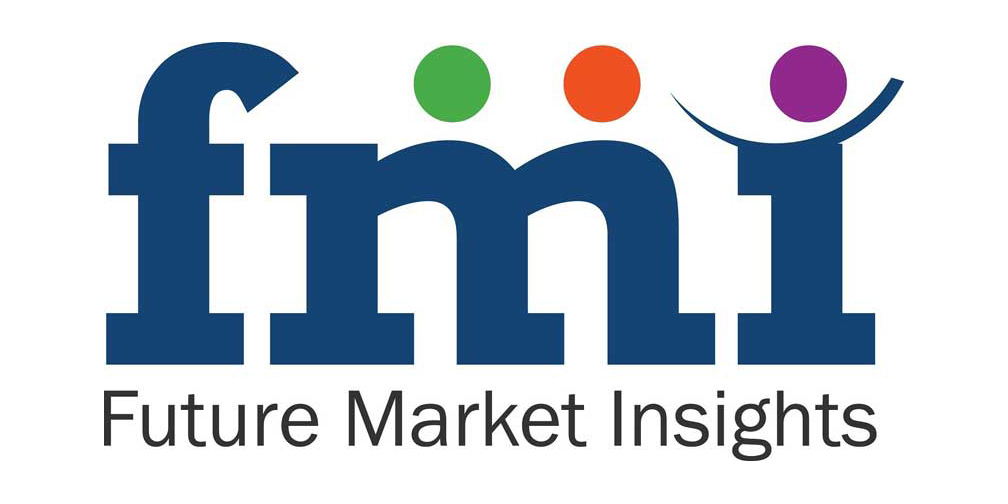Natural substances used in cosmetics and toiletries are in high demand, and this trend is predicted to continue. The organic beauty craze is part of a bigger shift in consumer consciousness about health, wellbeing, and the environment that has occurred in recent years. Companies are replacing synthetic chemicals with natural substances in line with the trend, partly due to customer demand and partly due to a shift toward sustainable raw materials.
- To Get a Sample Copy of the Report visit @ https://www.futuremarketinsights.com/reports/sample/rep-gb-13793
Chemical-free cosmetics are becoming more popular as people become more aware of their negative consequences. Customers are increasingly looking for products that are both natural and healthy at a reasonable price. Aside from increased disposable incomes, there has been an increase in allergy cases as more chemical-based items enter the market. With greater exposure to chemical-based beauty products, people are experiencing a variety of allergies. People with sensitive skin generally avoid using such products, resulting in an increase in demand for high-end anti-pollution care solutions.
Probiotic skincare is in high demand due to a preference for organic ingredients and the popularity of probiotics in the food and beverage industry. This opens up the possibilities for the cosmetics and personal care sector, as well as a lot of room for growth in the worldwide anti-pollution skin care products market.
According to a recent report by Future Market Insights (FMI), the anti-pollution skin care products market is expected to surpass a valuation of US$ 13.3 Bn at a CAGR of over 7.3% through 2031.
The FDA in the United States is now examining scientific data to determine the safety of pro-biotics and post-biotics. Pentavitin (US only) targets Staphylococcus epidermidis prevalent in the scalp microbiome to moisturize the area and alleviate dry skin, and DSM is one of a few companies investigating into the benefits of this medicine. Syn-Up (US only) is another DSM product, a peptide component that interacts with the skin microbiome to address dry skin problems and skin redness.
Key Takeaways from the Anti-Pollution Skin Care Products Market Study
- High-performance skincare for pre-teens is expanding the roots of personal care market globally.
- In terms of product type, facial scrubs & toners are expected to hold a noteworthy revenue share of 25.1% in 2021 due to increasing skin issues such as dryness, dark spots, wrinkles, and others.
- In terms of nature, natural & organic anti-pollution skin care products marks as the prominent category due to the rising trend of organic ingredients such as turmeric, aloe vera which are chemical free.
- The U.S. holds a noteworthy value share of 79.0% in North America owing to the rapid upsurge in the number of anti-pollution skin care products in recent years.
- Thailand is a key market in South Asia reflecting a CAGR of 10.5% owing to higher spending on premium products in the country.
Request Complete TOC Of this Report @ https://www.futuremarketinsights.com/toc/rep-gb-13793
Impact of COVID-19 on the MarketThe novel coronavirus outbreak has caused an economic downturn by disrupting corporate operations in a variety of industries. The retail sector has taken a beating. A temporary difficulty for market participants is the decline in overall discretionary spending levels. The manufactures in the industry are focused to expand their product offerings and enhance their product portfolio even focused on improving online penetration, as this provides an opportunity to the players to access a wider consumer base at once within minimum costs.
Who is winning?
Leading manufacturers of anti-pollution skin care products are focused on aggressive promotional strategies, advertisements, and new product launches that have driven sales growth of anti-pollution skin care products globally.
Major players present in the anti-pollution skin care products market are Procter & Gamble Co., Beiersdorf AG, Unilever PLC, Avon Products Inc., The Estée Lauder Companies Inc., L’Oréal S.A., Kao Corporation, Colgate-Palmolive Company, Avon Products, Inc., Shiseido Company, Amway, among others.
Market by Category
By Product Type:
- Sun Care Products
- Moisturizers/Creams
- Face Masks
- Cleansers
- Facial Scrubs & Toners
- Serums
By Nature:
- Conventional
- Natural/Organic
By End-User:
- Male
- Female
- Unisex
By Sales Channel:
- Hypermarkets/ Supermarkets
- Convenience Stores
- Specialty Stores
- Salon Stores
- Online Retailing
- Pharmaceutical & Drug Stores
- Others
By Region:
- North America
- Latin America
- Europe
- East Asia
- South Asia
- Oceania
- Middle East and Africa (MEA)
Buy Now @ https://www.futuremarketinsights.com/checkout/13793
